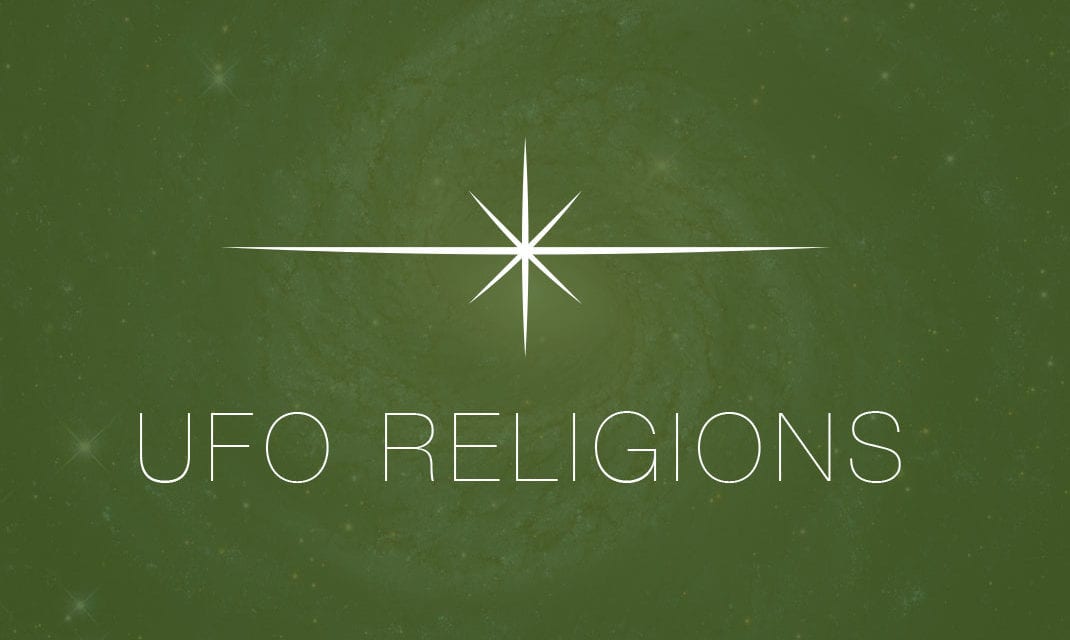That’s the opinion of this scholarly (but ill-informed) article:
Gabriel de La Torre, “Toward a new cosmic consciousness: Psychoeducational aspects of contact with extraterrestrial civilizations,” Acta Astronautica 94:2 (2014): 577-583.
Why do I say ill-informed? The article claims that as religious belief increases “space awareness” decreases. He basically argues that religious beliefs are an impediment to a positive outlook toward the search for ET life and embracing such a discovery. That’s nonsense, as several studies have indicated. The most recent of those was by Ted Peters, who has spent decades in this area of inquiry (astro-theology). Peters’ study concludes quite the opposite, that most religious people (across denominations and movements) would have no trouble with ET contact. This was also the general consensus at last year’s American Academy of Religion astrobiology session.
De La Torre’s article doesn’t even footnote Peters (nor other publications that would rebut his thesis). It does, however, cite an earlier study referenced by Peters (D.A. Vakoch and Y.-S. Lee, “Reactions to Receipt of a Message from Extraterrestrial Intelligence: A Cross-Cultural Empirical Study”). Unfortunately, Vakoch’s study doesn’t jive too well with the conclusion offered in this article (and de La Torre doesn’t inform readers of its conclusion). Peters noted that Vakoch’s study said: “Among the results the researchers observed we note the following: among “both Americans and Chinese, those who were more religious were less likely to think that extraterrestrial life exists … It seems that those Americans who viewed message receipt as spiritually significant were both more open to life existing beyond earth, and less apprehensive about making contact” (Vakoch, p.743).
After neglecting earlier research, de la Torre goes on to advocate something that sounds like “scientific gnosticism” to prepare our consciousness for contact. The only reason this surprises me is that it appeared in an academic journal. Plenty of “new age” websites would say the same thing.
In short, this article is written without regard for previous research that isn’t hard to locate. It’s hard to believe this made it through peer review.





there is nothing spiritually significant about alien life (whether it was separately created by God or originated on Earth) any more than there was spiritual significance (whatever anyone thought there was) to discovering The New World, i.e., western hemisphere, or to finding a new species of animal.
And our attitudes have nothing to do with whether or not some aliens are going to go public or conquer us. Though they might pick a time loaded with more idiotic “spiritual” people they can manipulate to their advantage to do so.